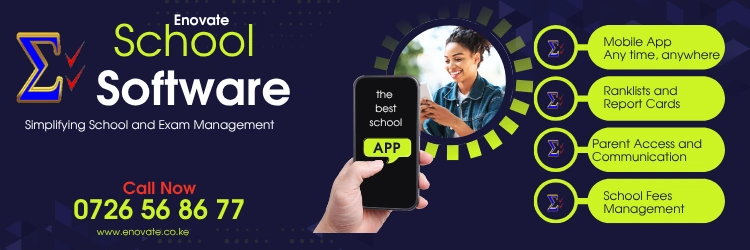Our website offers downloadable exams for Grade Six, including: past papers with marking schemes, Lesson notes and question banks, Editable PDFs and Word documents for custom exam creation.
Grade Six marks a transition from primary-level learning to preparing students (aged 11–12) for advanced concepts and critical thinking. Designing exams for this level demands a mix of foundational knowledge and analytical tasks to challenge and prepare learners effectively.
1. Grade 6 Exams Must Use Curriculum Design
Grade Six covers an extensive range of subjects. Key areas include:
- English: Advanced reading comprehension, essay writing, and grammar refinement.
- Mathematics: Ratios, percentages, geometry, and introductory algebra.
- Science: Electricity, ecosystems, and basic human anatomy.
- Social Studies: National history, government structure, and global geography.
Ensure that your exam questions reflect the syllabus objectives while preparing students for junior secondary school.
2. Grade 6 Exams Use a Variety of Question Types
Incorporate questions that stimulate problem-solving and critical thinking:
- Multiple-choice and structured questions: Test factual knowledge, e.g., “What is the capital of Kenya?”
- Short-answer and analytical tasks: Ask for brief explanations, such as “Why are plants called producers in an ecosystem?”
- Scenario-based questions: Pose real-life problems, such as calculating shopping discounts in math or solving basic science puzzles.
- Essay writing: Encourage creativity and organization in essays, such as “Describe the importance of conserving forests.”
3. Use Class Notes and Activities While Developing Exams
Tailor questions to mirror classroom activities. For example:
- In science, ask students to label a diagram of the human digestive system or explain an experiment on electricity.
- In social studies, include map-reading questions or short essays about cultural heritage.
4. Past Papers Help in Exams Making
Use past exam papers as templates to understand question design and expected difficulty. Our website offers an extensive collection of Grade Six past papers with detailed marking schemes, helping streamline the exam preparation process.
5. Design for Engagement
Grade Six students benefit from visually engaging exam formats. Use graphs, charts, and diagrams for math, science, and social studies. Maintain clear instructions and a logical flow of questions.
6. Marking Scheme For Grade 6 Exams
A detailed marking scheme ensures consistency in evaluation:
- Award full marks for complete, correct answers.
- Provide partial credit for effort and logical reasoning, especially in multi-step problems or essays.
Maximize Your Resources with Us
Our website offers tools and materials tailored for Grade Six, including:
- Topical and past paper exams with marking schemes.
- Lesson notes and question banks.
- Editable PDFs and Word documents for custom exam creation.
These resources ensure your assessments are detailed, fair, and aligned with educational goals.
Grade Six exams should test both knowledge and application, preparing students for the challenges ahead. By combining curriculum alignment, past papers, and diverse question formats, educators can create exams that are engaging, comprehensive, and effective.

